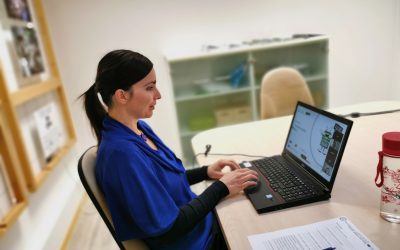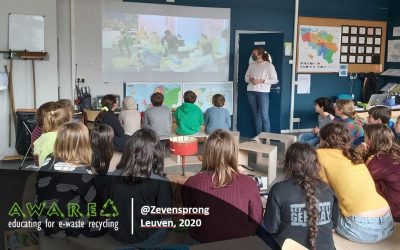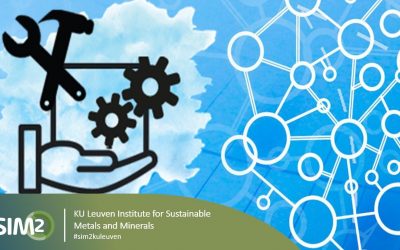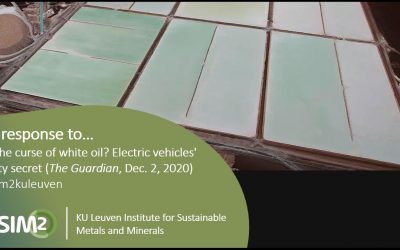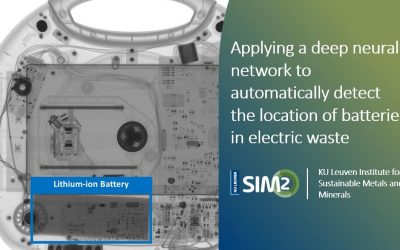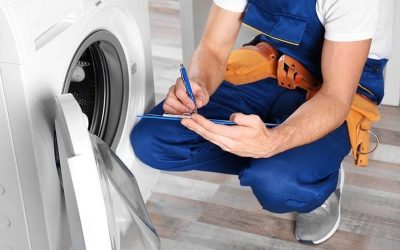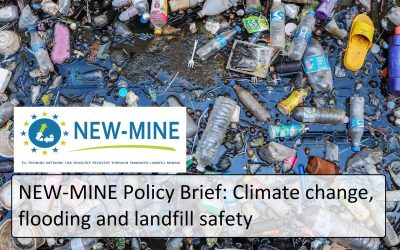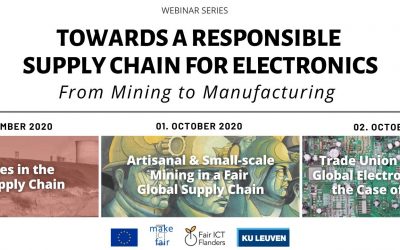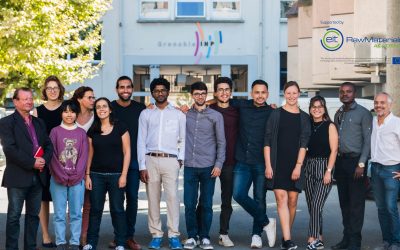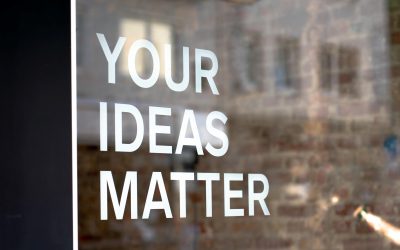Raising public awareness on electronic waste as a source of valuable materials (AWARE)
a Wider Society Learning project of
AWARE. Raising public awareness on electronic waste as a source of valuable materials
The aim of the project is to increase the share of waste ending up in official take-back systems instead of losing the resource to waste disposal or incineration plants and collection outside official take-back systems. To achieve that, the project focuses on education and involvement of school children, both to raise the awareness of end-of-life electronics as a resource, and through them to bring the message into families and the society as whole.
Videos
News
Slovenian children know e-waste well
As an external collaborator in the AWARE project we also conducted eco-workshops for children in Slovenia in order to present them e-waste and its proper handling. In the company ZEOS, d.o.o. from Slovenia, we have been dealing with the proper management...
E-waste recycling (school kid) heroes in the making!
The EIT RawMaterials AWARE team went to the Zevensprong (Leuven, BE) to talk to 40 primary school kids about the importance of e-waste recycling. Through this experience, the kids were motivated to become real recycling heroes.
Is data the new gold? A case study for repair data
In collaboration with TU Berlin, the SIM² KU Leuven Lifecycle Engineering (LCE) research group published a study that provides key knowledge on potential opportunities and limits of repair data for specific repair applications.
The curse of white oil?
“The curse of ‘white oil’: electric vehicles’ dirty secret” is the attention-grabbing headline of an in-depth article on lithium mining published in The Guardian (Dec’ 8, 2020). Peter Tom Jones (SIM², KU Leuven) reacts in this piece.
Using deep learning & X-Ray images to improve battery removal and recycling
Researchers from the Life Cycle Engineering (LCE) research group (SIM² KU Leuven) used X-Ray images of WEEE and applied a deep neural network to automatically detect the location of batteries to improve removal and recycling.
Evaluating product repairability: a case study for washing machines
The lifecycle engineering (LCE) research group (SIM² KU Leuven) and the European Commission DG Joint Research Centre (Seville) have recently developed two methods to assess the repairability of energy and resource related products.
NEW-MINE Policy Brief: Climate change, flooding and landfills
To mine or not to mine our 500,000+ landfills in Europe, that was the question addressed in MSCA-ETN NEW-MINE. In this final Policy Brief, the project coordinator addresses the impact of climate change on the safety of landfills.
Webinar series ‘Towards a Responsible Supply Chain for Electronics’
In three webinars, expert panelists will explore ways “Towards a responsible Supply Chain for Electronics – From Mining to Manufacturing” and analyse the different links in the ICT supply chain, from e.g. copper production, to artisanal and small-scale mining, and worker rights in manufacturing.
EIT Raw Materials Funding for Master in Sustainable Materials (SUMA)
The EIT-Labelled Master Programme in Sustainable Materials (SUMA) has received a funding from EIT Raw Materials to continue educating high-level EU & international students in the field of materials science and engineering.
EIT funding secured for new Circular Economy Summer Schools
SIM² KU Leuven and MRC are delighted to announce that they secured funding for a new EIT RawMaterials education project (DocSumECE), comprising several PhD summer schools on Entrepreneurship in the Circular Economy in 2021-22.

